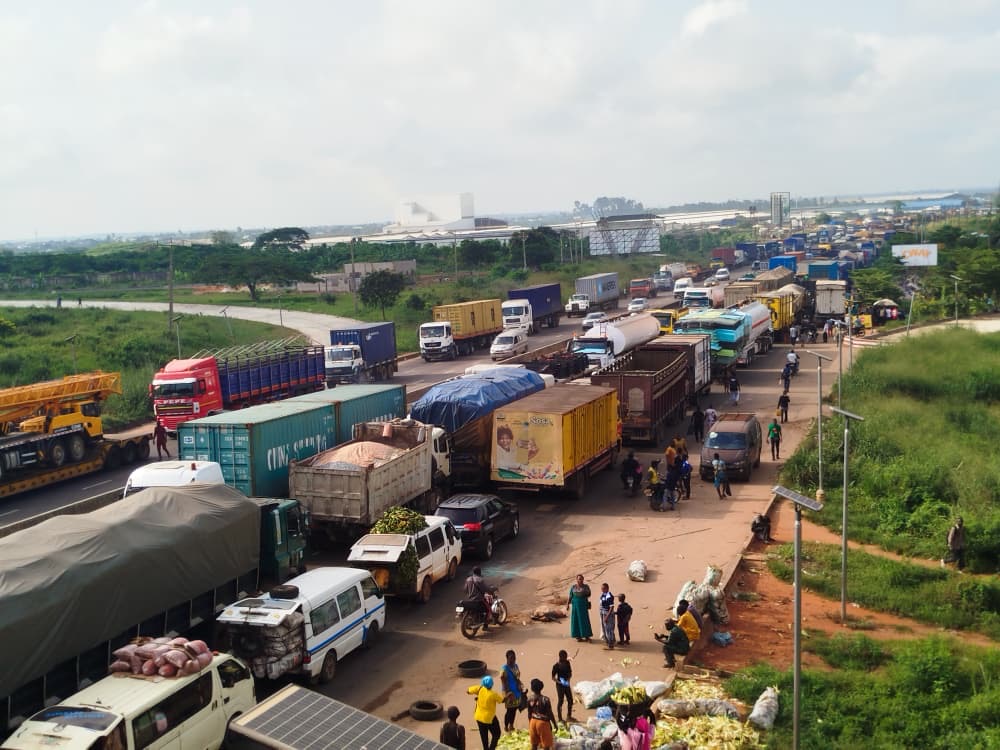
• Africa CDC identifies threats to containment
• UN agency appeals for $18.5m aid for mpox care
Country Director, Equity International Initiative (EII) and Convener, Citizens Coalition Against Impunity and Injustice, Chris Iyama, has countered the information by the Africa Centres for Disease Control and Prevention (CDC), in Nigeria, on the outbreak of monkeypox (mpox) in the country.
It argued that some of the negative information about the outbreak of viruses were sponsored by international organisations for monetary gains.
This was amid the CDC’s concern that cross-border movements, insufficient response capacities and vaccine shortages pose significant challenges to the containment of mpox on the continent.
However, the United Nations Migration Agency (IOM), yesterday, appealed for $18.5 million in assistance to care for people impacted by the mpox outbreak in East and Southern Africa.
EII said during the Coronavirus Disease (COVID-19) outbreak, the country made billions of dollars as well, as vaccines were sold by drones.
The African Union’s health watchdog, CDC, had declared mpox a public health emergency, saying the move is a “clarion call for action”.
Africa CDC said the virus had spread from the Democratic Republic of Congo (DRC) to neighbouring countries.
“With a heavy heart, but with an unyielding commitment to our people, African citizens, we declare mpox as a public health emergency of continental security,” the Head of CDC, Jean Kaseya, said during an online media briefing on Tuesday.
“Mpox has crossed borders, affecting thousands across our continent, families have been torn apart and the pain and suffering have touched every corner of our continent.”
Iyama responded that the same narrative, like COVID-19, is being peddled again, calling on Nigerians not to allow themselves to be fooled the second time.
He cautioned media houses not to be carried away by huge money paid for advertorials and publicity to circulate health propaganda, an act he called “paid to lie”.
AFRICA CDC also flagged low public awareness, high vulnerability due to factors such as HIV and malnutrition, and limited understanding of mpox transmission as persisting challenges, which, it warned, is heightening the risk of mpox spread.
The health agency, on its official website, yesterday, said the outbreak was further complicated by a high case fatality rate of over 3·9 per cent, particularly among children under 15 years of age, who account for 60 per cent of the cases.
The high risk of severe infection among People Living With HIV, considerations for asymptomatic infections, poor vaccination strategies, limited access to medical counter-measures, and low detection rates were other concerns.
IOM described the spread of mpox across East, Horn and Southern Africa as a grave concern, especially for the vulnerable migrant, highly mobile populations and displaced communities often overlooked in such crises.
The Director General, Amy Pope, said there was a need to act swiftly to protect those at the highest risk and to mitigate the impact of the outbreak on the region.
The agency explained that the fund would help to fund awareness campaigns among migrant and host communities, along with Internally Displaced Persons (IDPs).
Reports indicate that migrants, other marginalised and highly mobile populations, including those uprooted from their homes by natural emergencies and conflict, are far more prone to infection because of poor living conditions.
The global total of mpox cases is more than 100,000. Mpox has affected people in the African region for more than a decade, the UN agency said, noting that the Horn, East and Southern Africa regions host 12.2 million international migrants, nearly half of all migrants in Africa.






